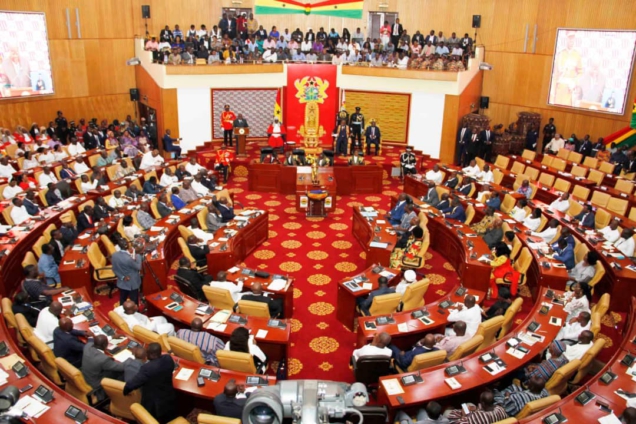Parliament has approved custodial sentences ranging from three to five years for individuals found guilty of promoting, sponsoring, or supporting LGBTQ+ activities. The decision has sparked heated debates across the nation, with proponents arguing for the protection of traditional values and opponents condemning it as a violation of human rights.
The newly approved legislation imposes stringent penalties on those deemed to be actively involved in advocating for LGBTQ+ rights. According to the provisions outlined by Parliament, individuals caught in the act will face a minimum sentence of six months and a maximum sentence of three years.
This development marks a significant shift in the legal landscape regarding LGBTQ+ rights, raising concerns among human rights organizations and advocacy groups. Critics argue that such legislation infringes upon fundamental rights, including freedom of expression and association, while also perpetuating discrimination and prejudice against LGBTQ+ individuals.
The decision has drawn sharp criticism from various quarters, both domestically and internationally. Human rights activists have condemned the move, calling it a setback for LGBTQ+ rights and a violation of international human rights standards. Several international organizations have urged the government to reconsider its stance and uphold the principles of equality and non-discrimination.
Conversely, proponents of the legislation argue that it is necessary to safeguard traditional values and protect societal norms. They contend that promoting LGBTQ+ activities undermines the fabric of society and goes against cultural and religious beliefs.
The approval of custodial sentences for LGBTQ+ advocacy reflects a broader societal divide on issues of sexual orientation and gender identity. While some countries have made significant strides towards recognizing and protecting the rights of LGBTQ+ individuals, others continue to grapple with deeply entrenched societal prejudices and legal barriers.
In light of the contentious nature of the issue, it remains to be seen how the new legislation will be implemented and enforced. The coming months are likely to witness continued debates and legal challenges as stakeholders on both sides of the divide seek to shape the trajectory of LGBTQ+ rights in the country.











Add Comment